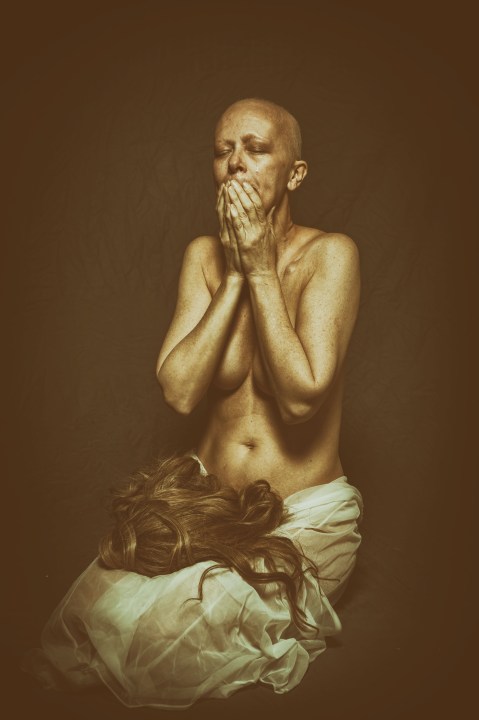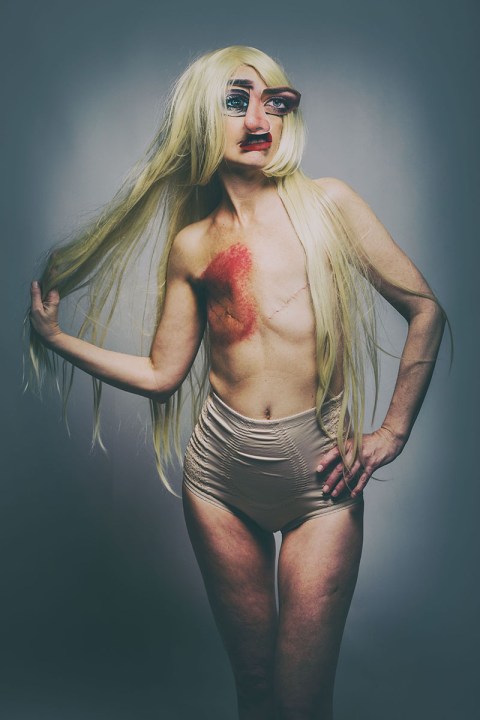BOULDER, Colo. (KDVR) — Faced with a breast cancer diagnosis, a Colorado woman explored a different way to cope with the trauma: photography.
Jill Turner was diagnosed with invasive ductal carcinoma, a type of breast cancer, in June 2020. The next month, she began undergoing chemotherapy treatments.

“You always think it is going to happen to somebody else,” Jill said. “When it happens to you, it is like life stands still.”
There was anger. There was grief. There was fear that her life was going to be cut short.
“I asked the doctor, ‘What if I say no? What if I don’t want to go through chemotherapy, surgery, and radiation?'” Jill recalled.
Her doctor explained that the outlook for her in five years was 50%. It was then that Jill understood what she had to do.
“I need to keep fighting and I am willing to let go of the breasts, the tissue, the nipples. … I can let that go because it is more important to be here for my kids, for my friends, for my family,” Jill said.
“I’m not done fighting; I’m not yet done causing trouble,” she said.
A diagnosis, then a double masectomy
The fight was hard, the battle long. A double mastectomy was scheduled so that she never had to deal with breast cancer again. While she knew what she had to do, it didn’t make anything less difficult.
“Having something taken from my body that I always thought would be there, that is part of what makes me, me … part of my identity, part of my perception of myself. It’s disturbing,” Jill said.
I was very stuck in what society views as beautiful — as acceptable.
Jill Turner
The battle with breast cancer is a very personal journey; it takes on an intimate part of your body, attacking one’s sense of self in the process. For Jill, her breasts were something that made her feel attractive, feminine.
“I did opt to have implants put in, in my 20s. I thought that is what I needed to do to be complete, to be perfect,” Jill said. “I was very stuck in what society views as beautiful — as acceptable.”
Jill wanted to document the entire journey, to capture the emotion she was feeling inside. At that point, she reached out to photographer Beth Sanders. The photographer was excited to help tell Jill’s story.

“We sort of just started working together and coming up with these concepts about what she wanted to express in these photos,” Beth said. “It was beautiful to watch her show up in her pain, because there is such beauty in pain. Not that we want to feel it, but it was really about expressing the loss that was happening and about to happen.”
Capturing loss, grief, sadness — and healing
The photoshoots were a creative outlet, but they were also therapeutic, enabling Jill to truly tap into her emotions and begin to accept herself as she was.
“Beth was able to capture some of this raw emotion that I didn’t really want to deal with, that I was trying to suppress. She was able to bring it out and capture it,” Jill said.
I think that is where the healing comes in — allowing others to see.
Beth Sanders
Through the course of the collection, the images capture loss, grief and sadness, but they also show a sense of acceptance and healing.
“There is a real strength in being able to show up and have other people witness you in your pain, your story,” Beth said. “I think that is where the healing comes in — allowing others to see.”
Jill realizes she is not alone in this fight.
“I didn’t realize how many women are actively going through treatment. The more I talk about cancer and the more that I share, I am still taken aback by how many people have been personally impacted by any type of cancer,” Jill said. “You are not alone. … You will have bad days, You need to feel those days, but there is light. There are lighter days ahead.”
Beth Sanders is putting together a collection of Jill’s portraits on her website. There, you can also book your own sessions to document cancer journeys.
Jill is sharing more of her journey on her Instagram page.
